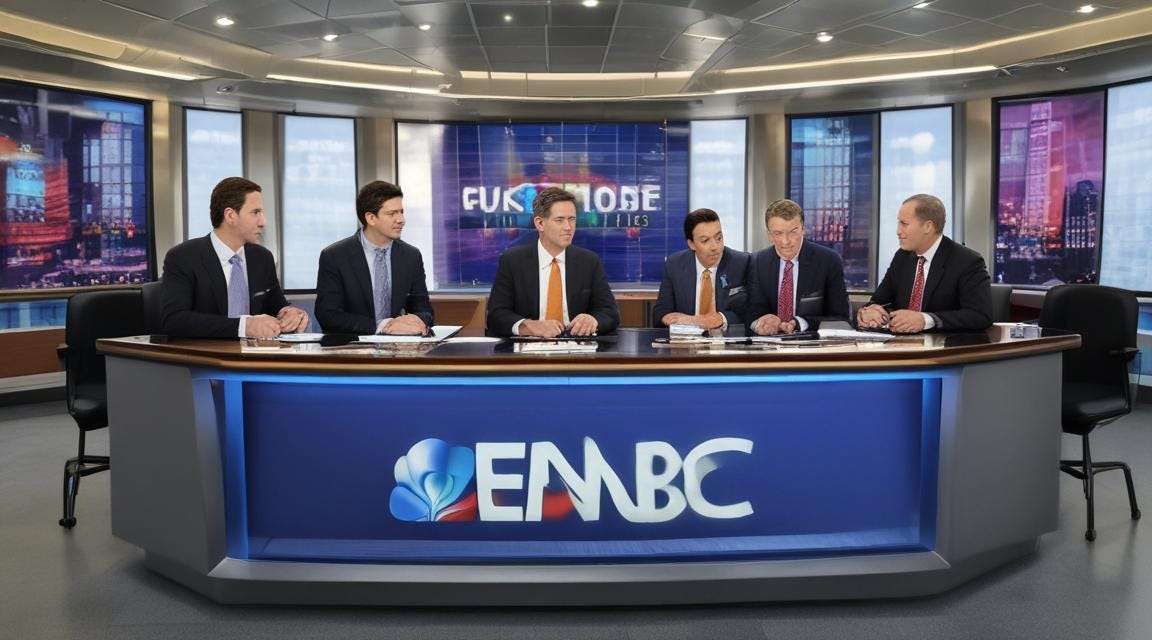Nobody knows anything
Tune out the men in suits
I remember watching CNBC back in 2003, prior to the eruption of the second Gulf War. The market was anxiously awaiting the beginning of the conflict as troops prepared for combat to begin. As is often the case at anticipatory times like this, the market was holding in a very narrow range, as traders hesitated to make any big bets. The news anchor was interviewing a New York Stock Exchange floor trader about the quiet before the storm, and the trader said, “We’re just waiting for the bombs to start dropping.” The anchor asked, “What happens then—buying or selling?” And the trader, in one of my favorite ever moments of television honesty, said, “I don’t know. I’ll just look around and see what everyone else is doing.”
More recently, the leadup to the 2016 US presidential election saw all sorts of speculation about what would happen to the stock market if Donald Trump were to win. Almost nobody saw this as a positive scenario for the market—most of the debate was whether the market would crash 10 percent or closer to 50 percent on a Trump victory. And as election results began to come in, stock futures did in fact begin to plummet. In fact, they hit “limit down,” which is a trading halt designed to give traders a chance to take a deep breath before hitting the sell button, hopefully stopping the panic liquidation in its tracks. The financial world braced for a stock market crash.
But then a funny thing happened. The next morning, futures started to rise. The market opened flat, and then proceeded to climb throughout the day. Frankly, nobody knew what was going on. But that didn’t stop news outlets from breathlessly reporting how a Trump presidency would be great for business and great for stocks. These are the same people who just twenty-four hours earlier were dreading that very same prospect. So the narrative follows the price action.
Basically, nobody knows anything.
Not the big names being interviewed on CNBC. Not the celebrity fund managers. Or the investment bloggers. Or that snarky anonymous dude on Twitter.
Everyone is just making up explanations after the fact, making predictions based on their own biases, or talking up their own investment portfolio.
The sooner you come to realize that nobody knows anything, the easier it will be for you to ignore the noise.


